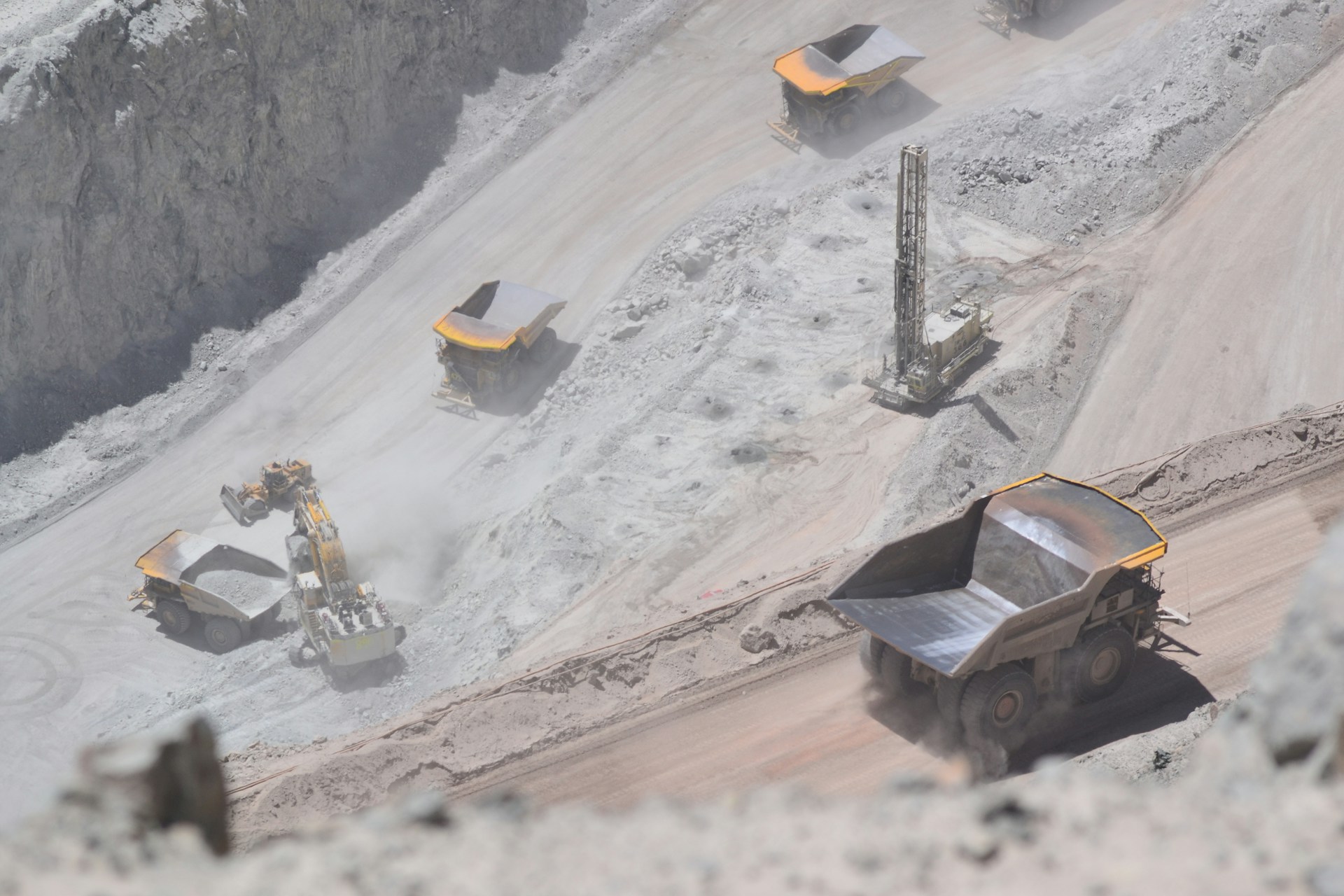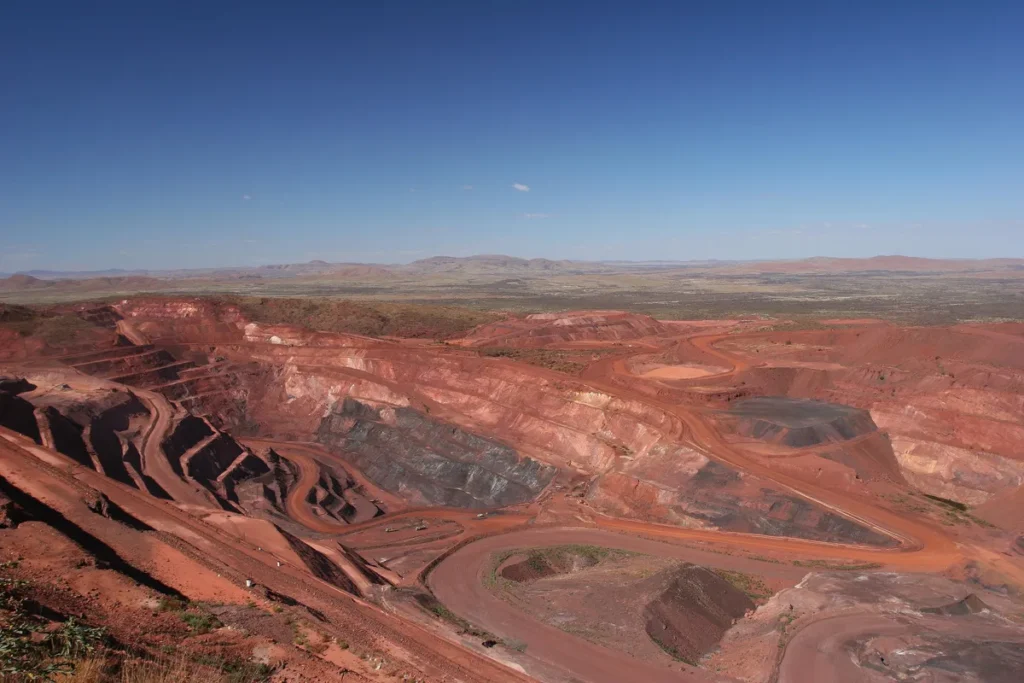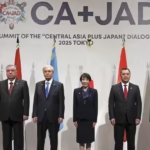No More One-Sided Contracts: Latin America Resets Mining Rules

Latin America, long regarded as a resource-rich region ripe for foreign extraction, is rewriting the rules of engagement. Governments across the continent are no longer signing one-sided mining contracts that favor global corporations at the expense of local communities and national interests.
Driven by a new wave of economic nationalism, environmental awareness, and rising geopolitical leverage, countries like Chile, Mexico, and Bolivia are demanding fairer terms, greater revenue participation, and stronger environmental safeguards in mining deals. The message is clear: the era of blind agreements is over.
In Chile, the world’s top copper producer, the government is pushing for greater state control and higher royalties, especially in the booming lithium sector. Mexico has taken bold steps to nationalize its lithium resources, creating a state-run company to oversee exploration and development. Bolivia, sitting atop vast untapped lithium reserves, is carefully courting foreign investment—but on its own terms, prioritizing technology transfer and value-added processing.
These policy shifts reflect a broader global trend toward resource sovereignty, as developing nations seek to capture more value from their natural wealth. With demand for critical minerals like lithium, copper, and rare earths surging due to the clean energy transition, Latin America is no longer in a rush to hand over its assets without accountability.
The region’s new posture is reshaping global supply chains and challenging traditional power dynamics in the mining industry. For international investors, it signals a new era: one that requires not just capital, but cooperation, transparency, and long-term commitment to sustainable development.
Latin America is still open for business—but now, it’s business on smarter, fairer terms.


















